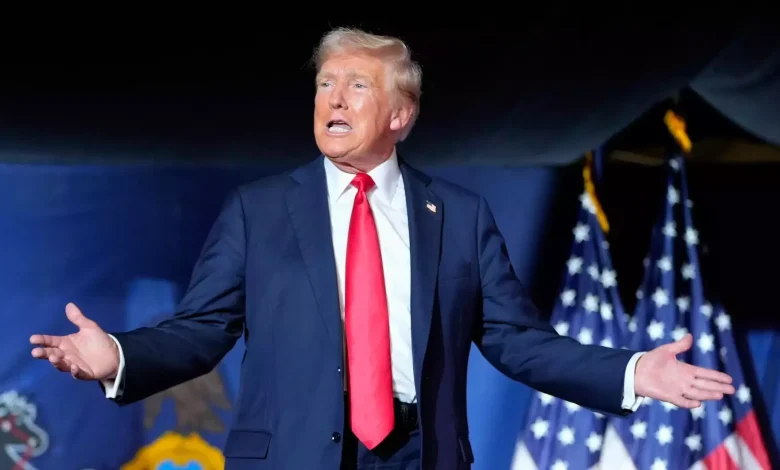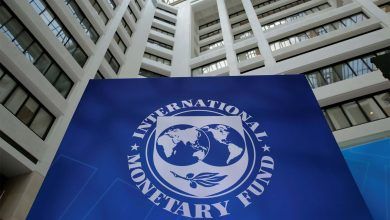Trump Signs Executive Order to Withdraw the US from the WHO

In a significant move on Monday, U.S. President Donald Trump signed an executive order beginning the process of withdrawing the United States from the World Health Organization (WHO). This marks his second attempt to pull the U.S. out of the global health body, following his previous efforts during the COVID-19 pandemic.
The executive order outlines several reasons for the U.S. departure, primarily focusing on the WHO’s handling of the COVID-19 pandemic, which originated in Wuhan, China. Trump accused the organization of mishandling the crisis and failing to implement urgent reforms. The order also cited the WHO’s inability to operate independently from political influences, particularly those from member states like China.
Additionally, Trump criticized the WHO for imposing “unfairly onerous payments” on the U.S., which he argued were disproportionate compared to the contributions made by other large nations, including China. At the signing, Trump remarked, “World Health ripped us off, everybody rips off the United States. It’s not going to happen anymore.”
The United States has historically been the largest financial contributor to the WHO, providing nearly one-fifth of the organization’s budget in 2023. By withdrawing from the WHO, the U.S. will cease all financial contributions, which will significantly impact the agency’s operations and funding.
Background of the Withdrawal
This marks the second time Trump has ordered a U.S. exit from the WHO. His first attempt occurred during his first term as president in 2020, largely driven by his criticism of the WHO’s handling of the COVID-19 pandemic. Trump accused the organization of being biased toward China in its guidance, leading to his decision to begin the withdrawal process. However, President Joe Biden reversed this decision shortly after taking office in 2021, rejoining the WHO and restoring U.S. funding.
Implications of the Exit
The withdrawal process will take 12 months, during which time the U.S. will continue to be involved in the organization. However, after the exit is completed, the U.S. will no longer participate in WHO programs or provide financial support. This move is expected to have significant repercussions for global health initiatives, as the U.S. has been a critical player in funding and shaping the WHO’s response to health crises worldwide.
While Trump’s decision has been praised by some for challenging what they perceive as a flawed international institution, it has also drawn criticism from health advocates who argue that global health challenges, such as pandemics, require international cooperation and collaboration, which the WHO facilitates.
The decision signals Trump’s continued “America First” approach, where he has repeatedly prioritized U.S. interests over multilateral agreements and international organizations. It remains to be seen how the withdrawal will affect U.S. influence on global health policy and its relationships with other nations committed to supporting the WHO.





